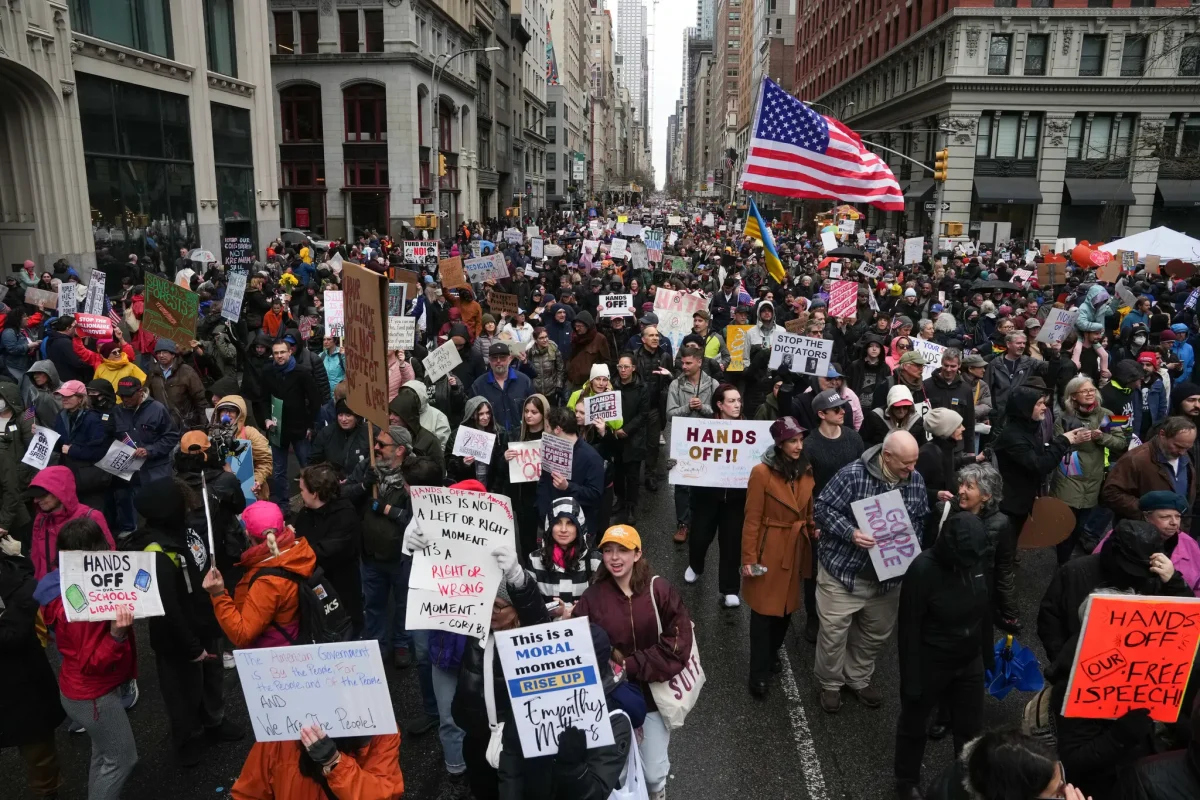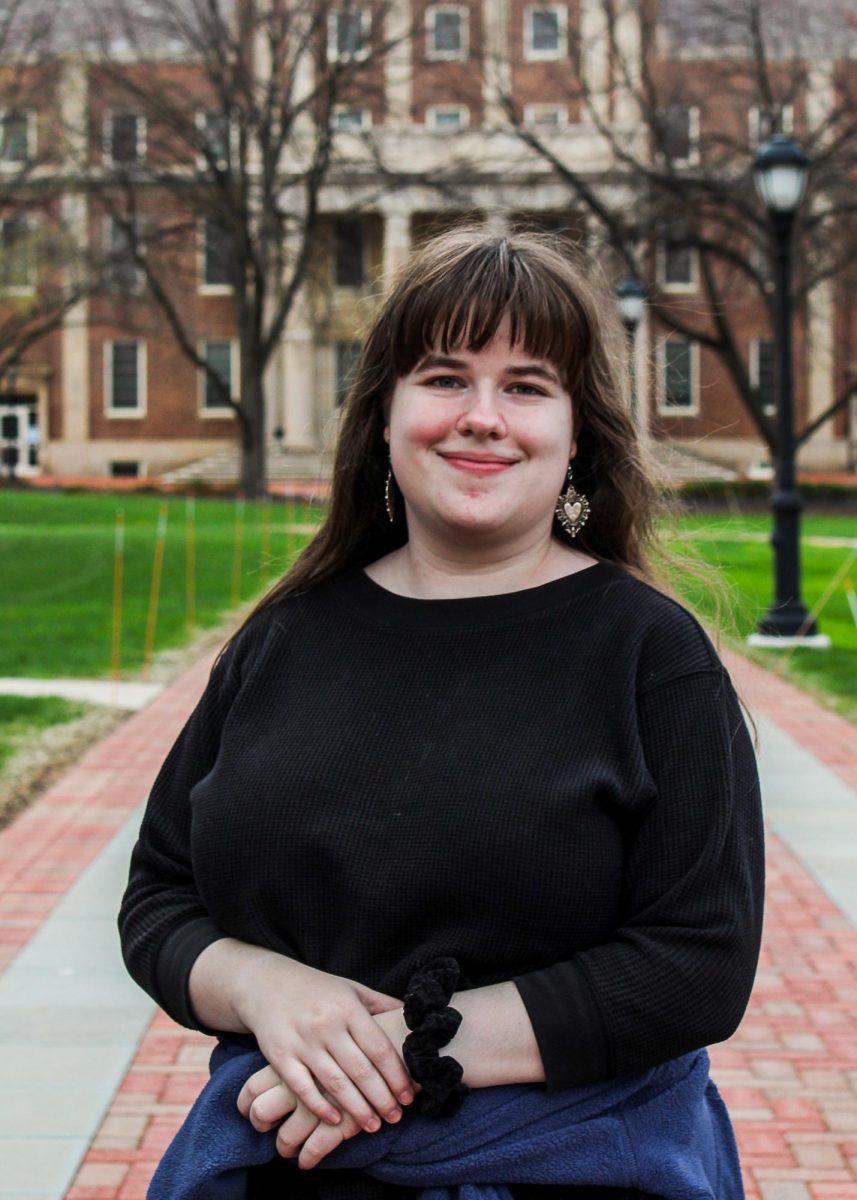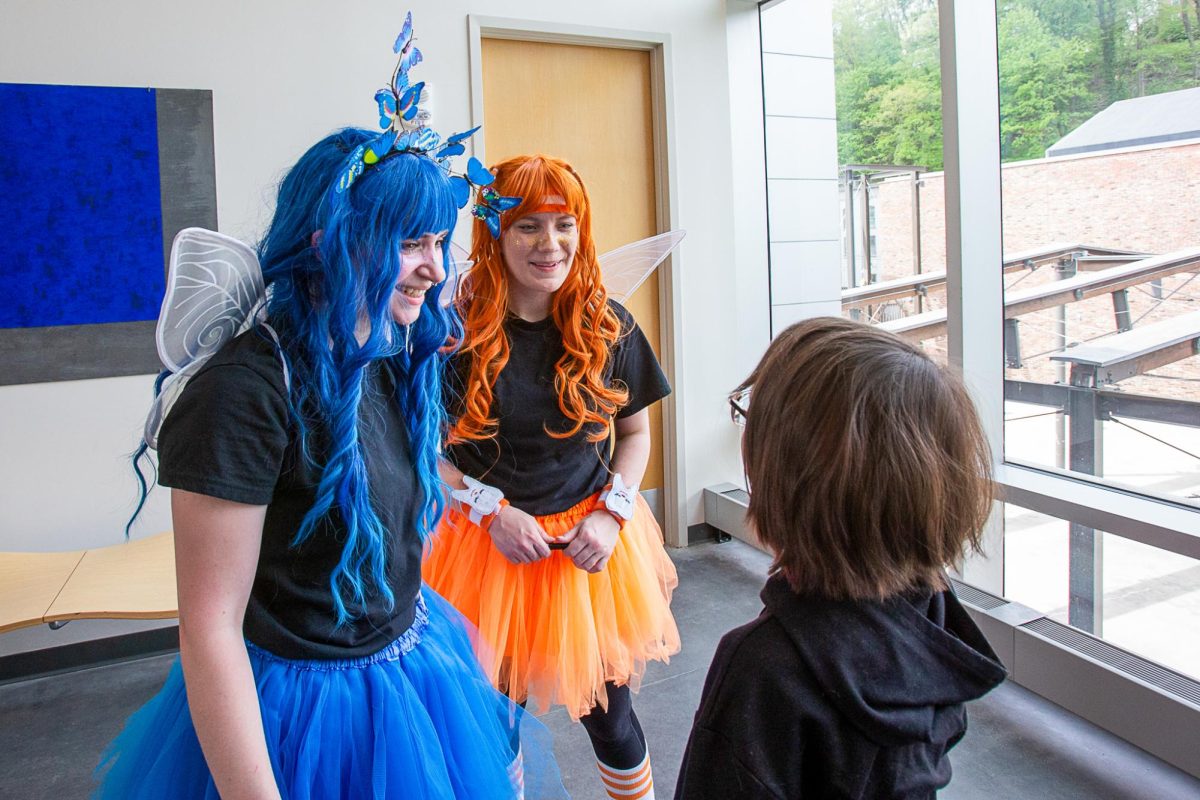
Power lies in two places: with those at the top and in the collective strength of those willing to stand against them. In the wake of continued abuses of power in politics and entertainment, “She Said” reminds viewers that no force is greater than a committed majority that exposes corruption to bring justice, especially when women lead the charge.
This film follows the true story of two New York Times journalists, Megan Twohey (Carey Mulligan) and Jodi Kantor (Zoe Kazan), who gathered evidence of producer Harvey Weinstein’s sex crimes in order to publish an article that would expose his actions to the public. This eventually led to 82 women coming forward and the widespread eruption of the #MeToo movement.
Director Maria Schrader manages to expose the invisible network of lawyers, settlements and coercion that enabled Hollywood executives to take advantage of women and escape the consequences of their sex crimes for decades.
I was shocked in one scene where Weinstein’s formal legal adviser Lanny Davis (Peter Friedman) admits to Twohey that he knew about the eight to 12 settlements that Weinstein made and added that the number was “normal” among other men he had advised. The careful placement of facts like this highlights that Weinstein’s reprehensible actions were not an anomaly and simply one case in a network of widespread corruption.
I appreciate that the film also educates viewers on the intimidation tactics and political pressure that Weinstein placed not only on the victims themselves but also on human resource workers, witnesses and media outlets who feared potential legal action or behind-the-scenes defamation for exposing the truth about Weinstein’s power abuses.
As the film recounts, victims who attempted to file reports or take legal action were not believed due to a lack of evidence and an accountability system that protected Weinstein rather than the safety of his subordinate employees. Often, these convictions were not even able to be tried in criminal court, only in civil court. Thus, the only form of redemption and accountability that women and witnesses received were hush money and non-disclosure agreements.
What makes the movie inspiring, however, is the indisputable success of Twohey and Kantor, who risked their careers to restore power to Weinstein’s victims and inspire a nationwide revolution. Both are normal, married women who perform this work not for the rewards or fame but for the sake of creating a safer world for themselves and the women around them. I liked the teamwork between Kantor and Twohey as well, as the film shows they often encouraged one another in moments when they were nervous about asking for information or making phone calls the investigation required. Both become more confident and overcome their doubts as the story unfolds.
I feel that this film is excellent and, though it perhaps could have come sooner, I’m happy to see that Hollywood is willing to address its mistakes of the past firsthand.























































































































